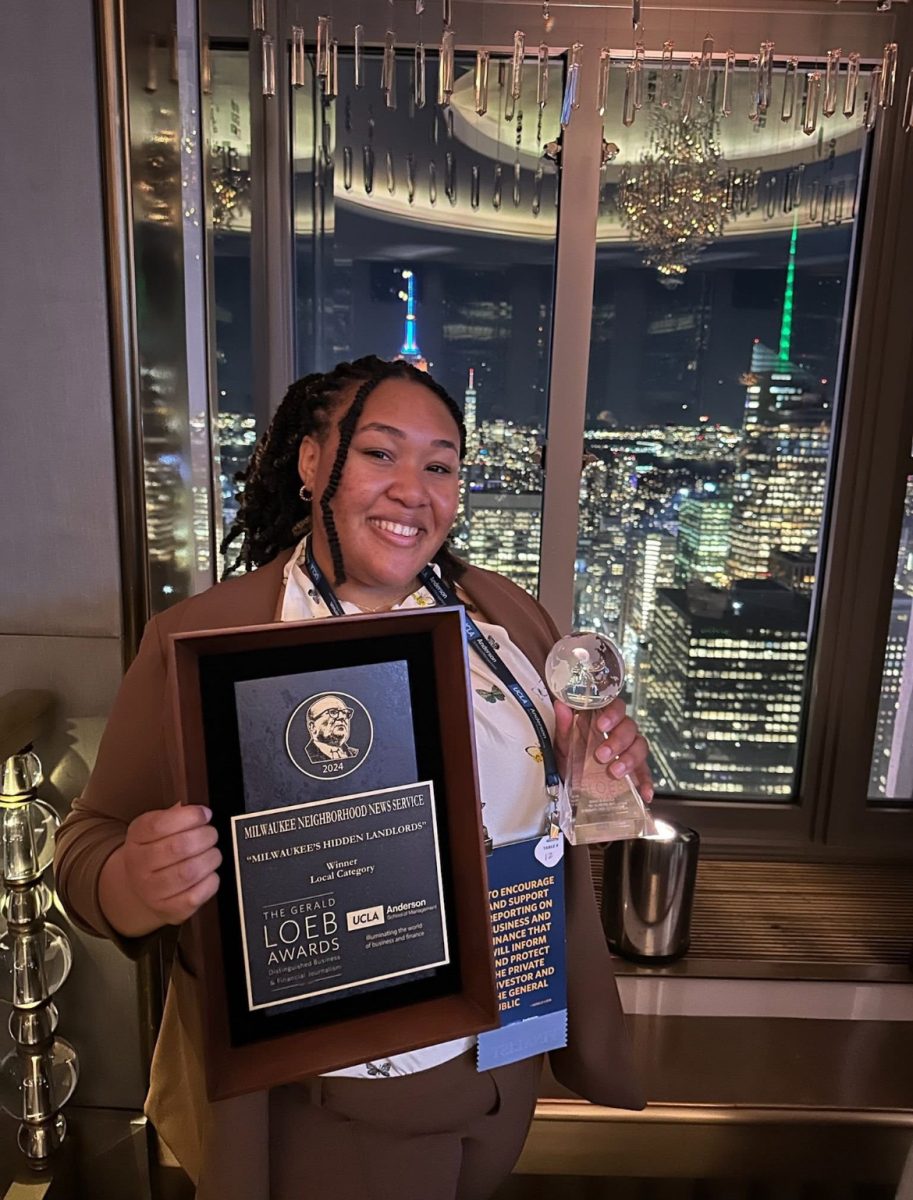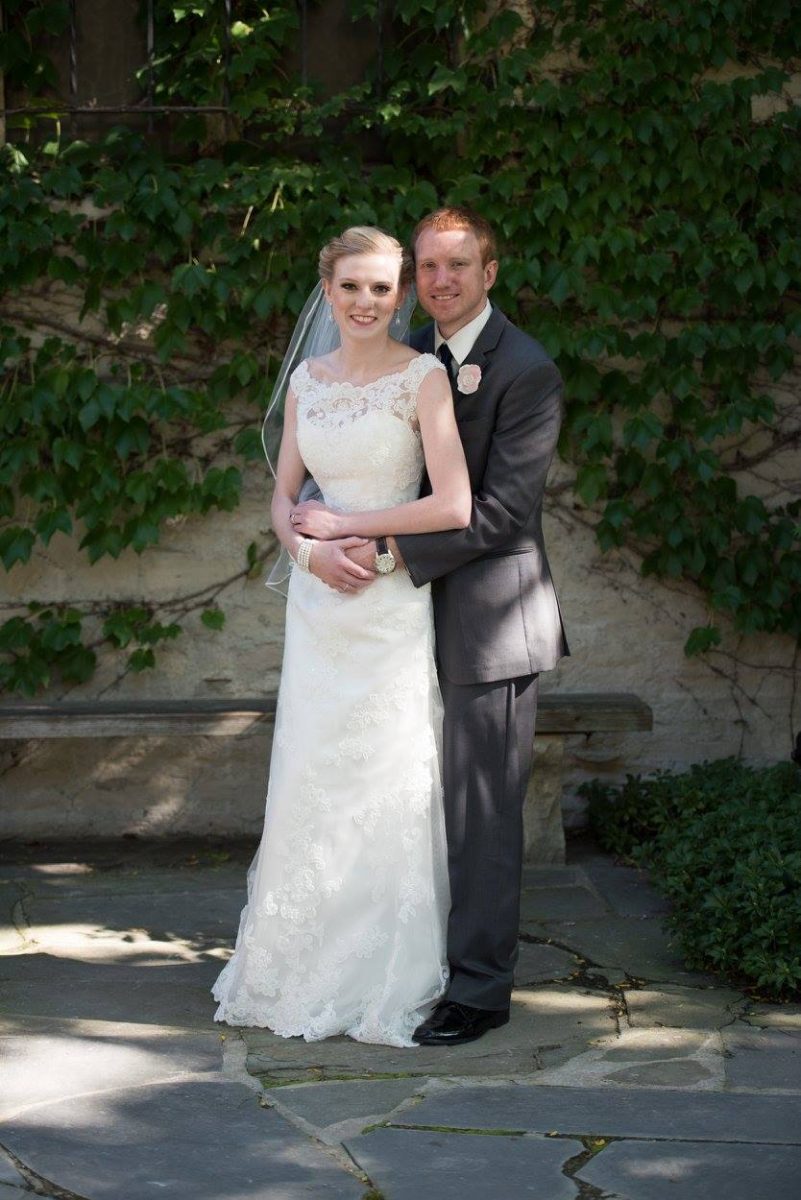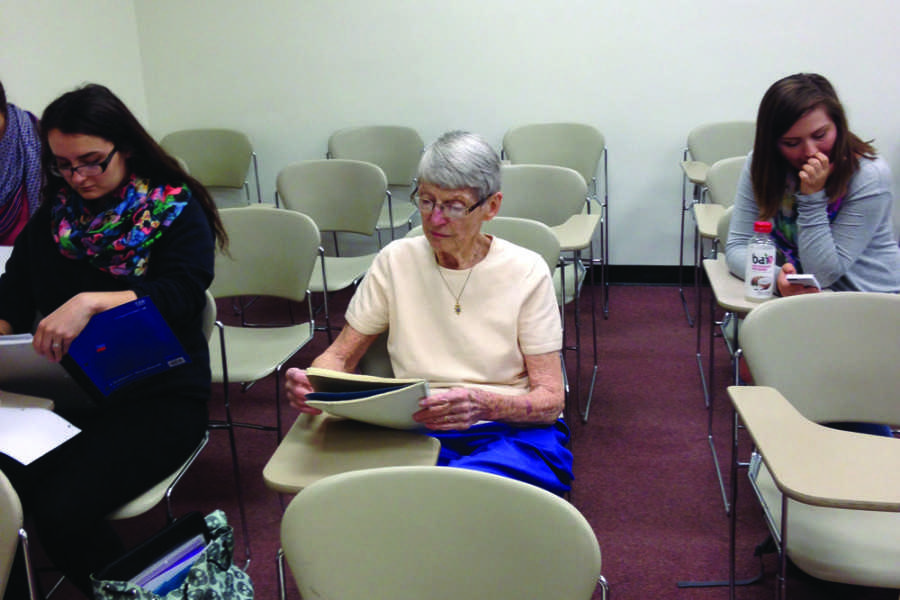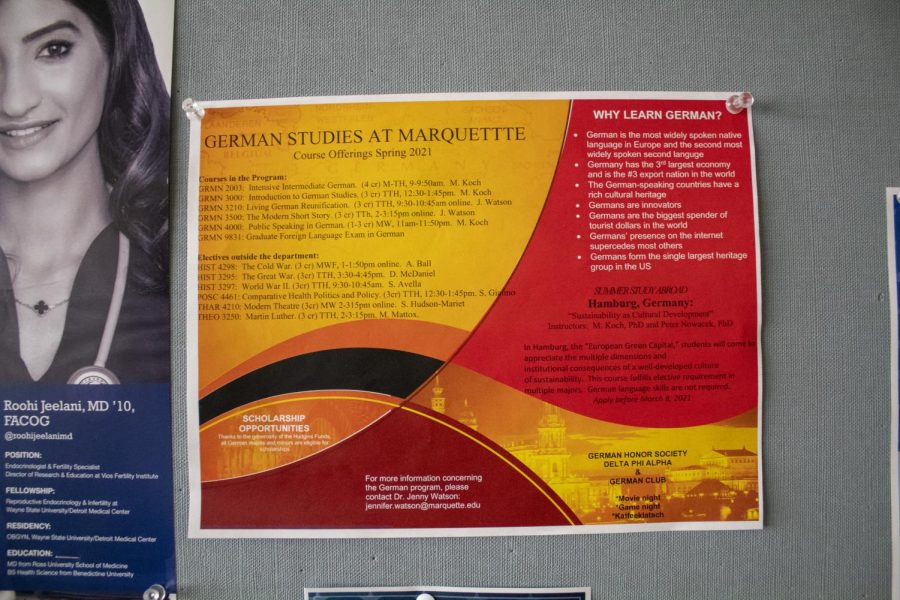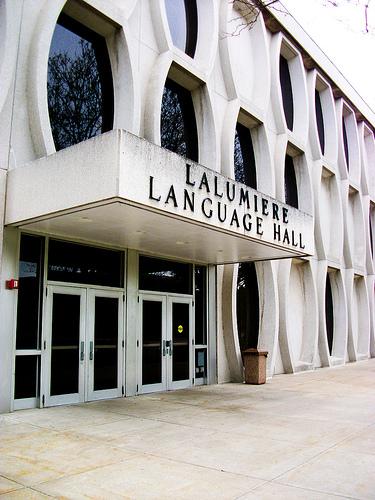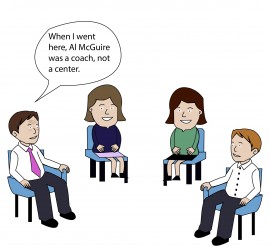
Though undergraduates tend to move on from the university in their early 20s, they still have a place at Marquette to come back to in the future.
Participants in the College of Arts & Sciences Alumni in the Classroom program take advantage of this by choosing to audit a variety of classes. Graduates from Arts & Sciences in 1969 or earlier have the opportunity to pick from select classes left open after current students enroll.
Created in 2004, the program allows alumni to come back to the university as students at a very different stage in their lives. Older alumni bring a different perspective and history into the classroom and can be an asset to a class’s overall experience. Current students can learn from former students who have seen it all and there can be a mutual sharing of insights on Marquette’s present. The university, as well as alumni and present students, benefits from keeping alumni involved long after graduation.
Bringing alumni into the classroom has notable positives. Alumni can enrich the learning process while filling space in classes that could benefit from more participants. Instructors do not bear an additional burden as they do not have to grade any extra papers or exams.
The program, however, is solely run by the College of Arts & Sciences Alumni Board, with offerings only in the humanities and social sciences. Only alumni who graduated from the college may take these courses while alumni from other colleges are not given the opportunity to return to campus in such a capacity.
Based on Arts & Sciences’ successful example, other colleges could explore the possibility of setting up their own alumni in the classroom program as a continuous effort to maintain contact between alumni and the university while enhancing the class experience for all.
The College of Business Administration and the College of Communication maintain relationships with alumni through alumni-student mentorship programs and inviting successful individuals to speak to hopeful students. These initiatives are on the whole productive, yet there remains a distance and a contrast with the Arts & Sciences’ classroom initiatives. More could be done to integrate alumni into the learning process.
Alumni programs in other colleges could also allow alumni to take courses in areas outside their original college. Arts & Sciences alums could try their hand at a business class while former accounting students could explore history, bringing their own particular experience to different settings and students.
Classes for more popular majors might be limited due to current student demand, but there would feasibly be a couple open courses across the colleges. Likewise, alumni probably would not be able to take classes requiring prerequisites. Even so, colleges could explore their options while being mindful of these limitations and pursuing what is best for their students.
If such programs are not possible, and for alumni who do not meet the set graduation year requirement, there are still more ways to bring alumni into the classroom as discussants, formal speakers and advisers on class projects. Students and alumni stand to benefit from this integration of those with more experience and those who are just starting to figure things out.
Learning is truly a continuous process and the Alumni in the Classroom program is a practical demonstration of how Marquette offers various opportunities. More chances remain and the university should explore how to capitalize on these to the community’s greater benefit.


